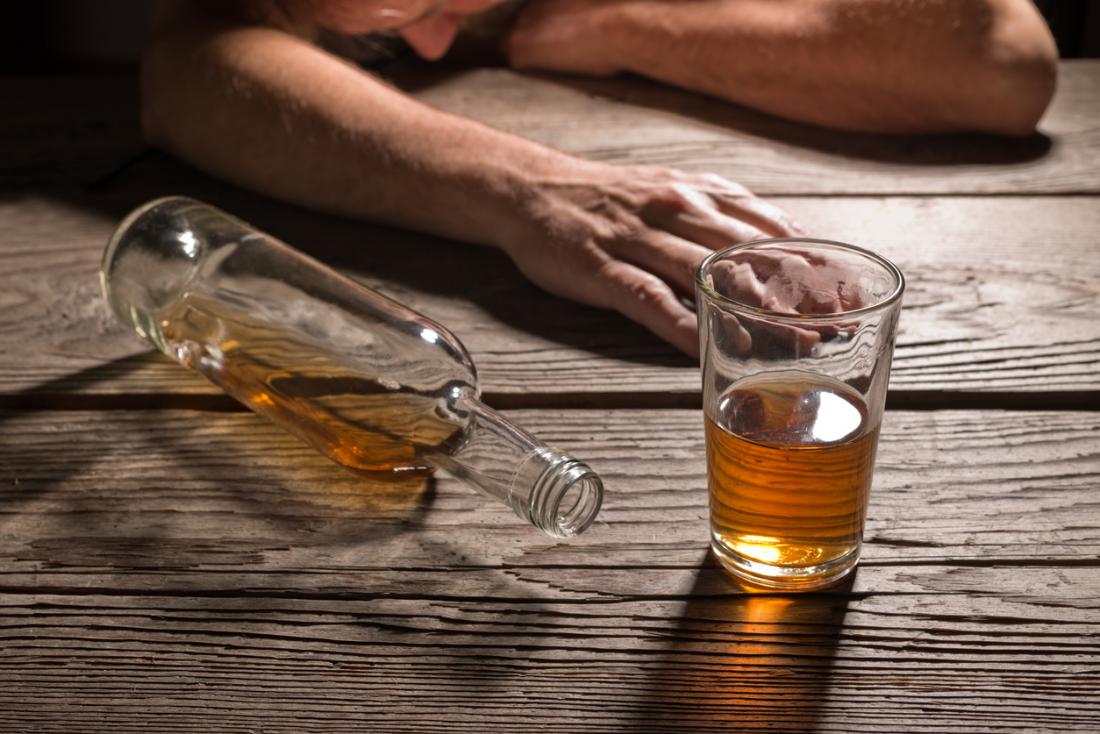
Watching a loved one become an addict or struggle with alcohol withdrawal symptoms hurts! But, do you know that you might be doing so many things unknowingly that can make their condition worse? Besides, you may not have an experience of how to handle the most sensitive situations.
Thus, if you want to help an alcoholic in his journey to sobriety, never do or say the following things to him/her.
Don’t Belittle The Alcoholic
It is understood that dealing with alcohol abuse can make you feel disgusted or frustrated. But, you should try to avoid taking these feelings out on the person or belittling them. This will make them feel worthless, adding to the shame they likely already feel. As a result, they may try to bury this feeling and shame with alcohol.
Never Threaten The Alcoholics To Quit Addiction
Threatening the addicts is not going to help them cope with the withdrawal symptoms of alcohol. Even if an alcoholic stops drinking just because you threaten them, their progress won’t last long. They just stop due to the fear of being threatened. Don’t think they are healing.
Alcoholics usually try to drown their fears and insecurities by going back to the bottle of beer that gives them comfort. You can find several evidences in daily life that support this claim. But, this is not the right way to help an alcoholic.
Don’t Over-Control Them
Resist your urge to control them. You can guide them, encourage them, but can’t control their actions. Only they can! If you try to manage their drinking, count how many drinks they have, hide alcohol, or watch over them all the time, your efforts will backfire.
Moreover, it will make them feel trapped and may cause them to drink secretly. So, change your dominating and controlling behavior.
Don’t Give Them Lecture All The Time
Constantly lecturing and nagging an alcoholic won’t help. Though your intention is good, consistent nagging will only have a negative effect. You only make them feel miserable by doing so. They may even start drinking more often to pretend to feel better in front of you.
Don’t Enable Them To Drink
Whether you buy them drinks, pay drunk driving tickets, or offer them rides home from clubs, you are saving them from experiencing the consequences of alcohol addiction. It may also cause them to live in a fantasy that everything is going well but isn’t. So, don’t be an enabler; it is actually a mistaken kindness!
Don’t Say, “You Are Being Selfish”
It’s easy to get angry and frustrated with alcoholics. But, assuming that an individual is selfish just because he drinks is ignorance on your part. Understand that alcohol addiction is a mental disease in which the person is unable to do without alcohol.
Aside from this, they don’t find themselves in a position to realize why it is necessary for them to go to rehab. Actually, the addict’s mind doesn’t perceive things in the same ways as the rest of us. Thus, instead of calling them selfish, encourage them to go to the recovery center, and seek help.
Don’t Say Discouraging Words
Saying words like, ‘You are hopeless’ or ‘You will never be able to live an alcohol-free life’ will make things worse. Though you can’t get an addict to stop drinking suddenly, you shouldn’t give up. Telling an addict that he/she will always be an addict is the worst thing.
It may affect the addict’s mental conditions, reinforcing the idea that they have wasted a lot of time boozing alcohol. Don’t discourage them.
So, How Can You Help An Addict?
Talking to a friend about alcohol addiction isn’t an easy thing. Not only is it uncomfortable, but it may also put your relationship in jeopardy. Nagging, controlling, belittling, enabling, or saying harsh words isn’t the right way to help them.
Instead, talk about it rationally together and make them understand how it can destroy their life. Tell them that overcoming alcoholism is not that difficult, and they should look at the bright side of things. Then, look for a professional rehab or recovery center that can put them on the road to recovery.
